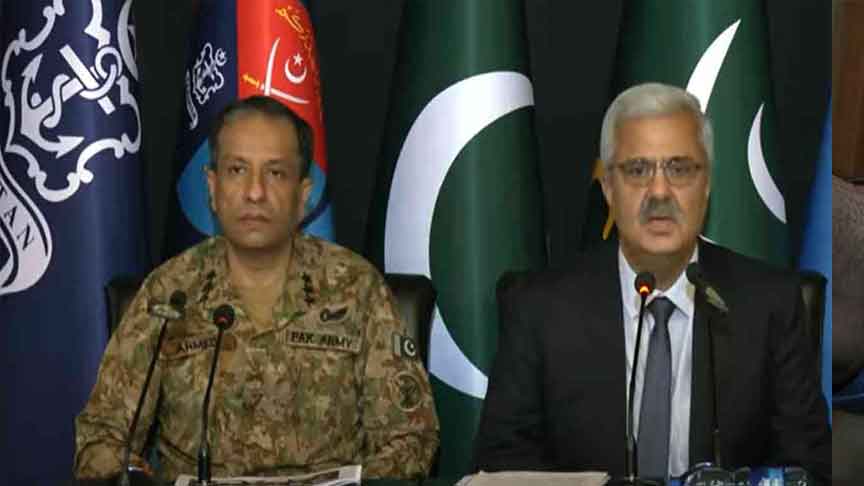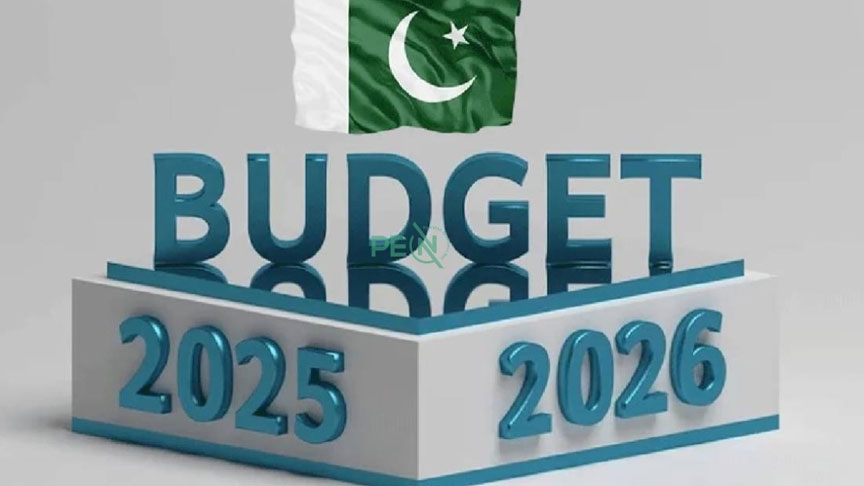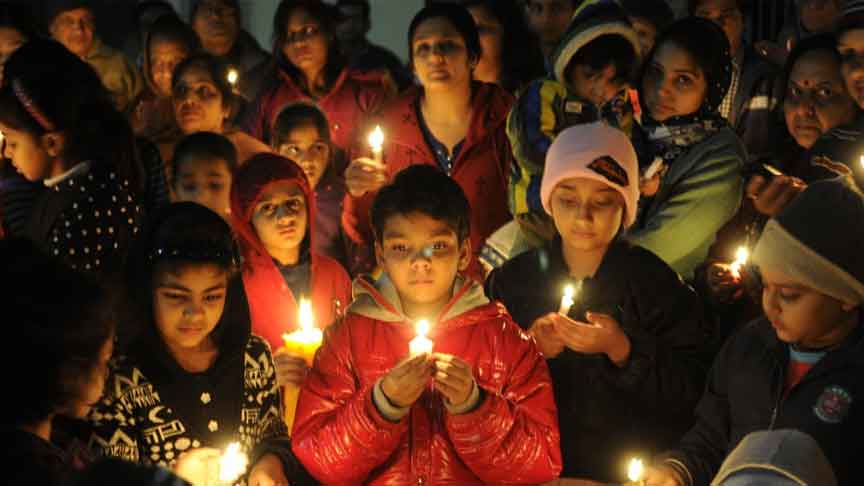
On May 21, three students among at least six people were slain while over 40 others — mostly students — were injured after a bomb targeted a school bus near Zero Point in Khuzdar on the Quetta-Karachi highway when it was on its way to drop the students at the Army Public School in Khuzdar Cantonment.
Addressing a press conference in Islamabad today alongside the Interior Secretary, Captain (retd) Khurram Muhammad Agha, the director general said, “India was planning and instructing terrorist activities taking place in Pakistan, the funding for which is also provided by India. The attack in Balochistan had nothing to do with the Baloch identity, rather it was just India’s provocation.”
Lt Gen Chaudhry highlighted that the attack on the Chinese envoy in Karachi in Oct 2024 also had Indian backing. “The Indian social media accounts affiliated with the Indian intelligence agency RAW (Research and Analysis Wing) posted about the attack beforehand.”
The same thing happened during the hijacking of the Jaffar Express train in March when more than 400 passengers were taken hostage by the banned Balochistan Liberation Army terrorists, he added.
“Before the Jaffer Express incident occurred, they [the social media accounts] were asking followers to ‘keep an eye on Pakistan today and tomorrow’.”
Pointing out that the Indian media was “celebrating” the attack in Khuzdar, he said, “These are all Indian accounts, affiliated with RAW [and] posting for BLA and Fitnah al Hindustan. What kind of a country celebrates acts of terrorism?”
He said that India had been involved in perpetrating terrorism across the country “since the inception of Pakistan.”
He noted, “In 2009, the Pakistani government handed a dossier containing irrefutable evidence [of India’s involvement in terror attacks across Pakistan] to the Indian prime minister. The publicly disclosed documents released in 2010 are part of history. In 2016, the world saw another ugly face of India-sponsored terrorism in Balochistan in the form of [Indian spy] Kulbushan Jadhav, a serving Indian naval officer.”
“Then in [2020], a dossier full of evidence was presented to the United Nations. Very recently, the international media has seen confessions and acknowledgement of multiple surrendered terrorists of this Fitnah al Hindustan,” he said, referring to the government-designated term for all terror outfits in Balochistan.
Interior Secretary Agha also said that India was behind the terrorist incident in Khuzdar on May 21.
“In the aftermath of the despicable terrorist attack on a school bus in Khuzdar in the early morning of May 21, this cowardly attack targeted innocent children, our future, resulting in the tragic loss of six children and injuries to 31 others.
Capt (retd) Agha said, “Let me be unequivocal that this was not an attack on a bus alone, it was an attack on our values, our education, and the very fabric of our society.”
Lt Gen Chaudhry also spoke about the Indian attacks on Pakistan on May 6 and 7, which were carried out by New Delhi after blaming Islamabad for April’s Pahalgam attack in occupied Kashmir and led to civilian deaths.
He said that one of the proxies of the Fitnah al Hindustan on May 11 issued a press release displaying a post from BLA.
“They say, ‘If we receive political, diplomatic and defence support from India’; They say ‘We assure India to attack the western border […] BLA and the entire nation is ready to attack from the western border. We will become its [India’s] practical and military arm’.”
The DG ISPR also spoke about terrorists who had surrendered. He said: “There are some brave ones who stand up and surrender because they realise that they were not there to fight India’s war. They [surrendered terrorists] come and tell how India was involved.”
He highlighted the case of Adeela Baloch, who surrendered. She was “exploited and blackmailed by the Fitnah al Hindustan to be used as a suicide bomber”, he said, adding that India was exploiting young women from Balochistan.
In reply to a question, the DG ISPR also vehemently criticised the Baloch Yakjehti Committee and its leader Dr Mahrang Baloch, saying that the media needed to “unmask” the group and its membership.




